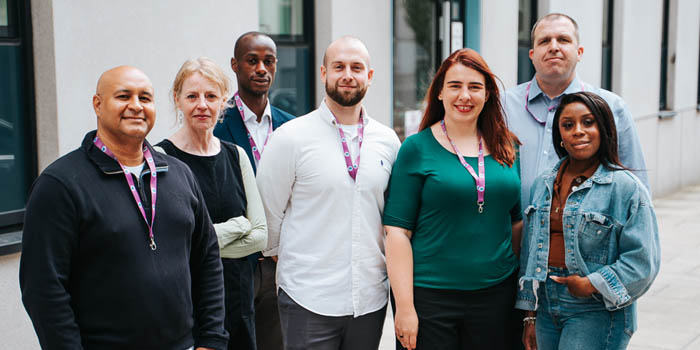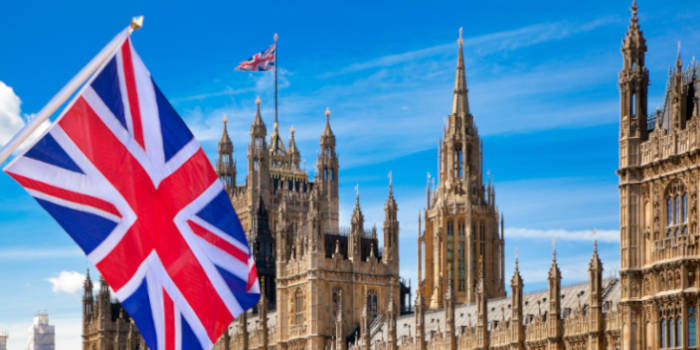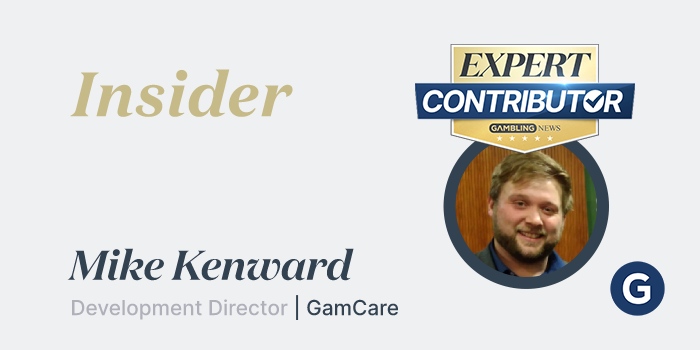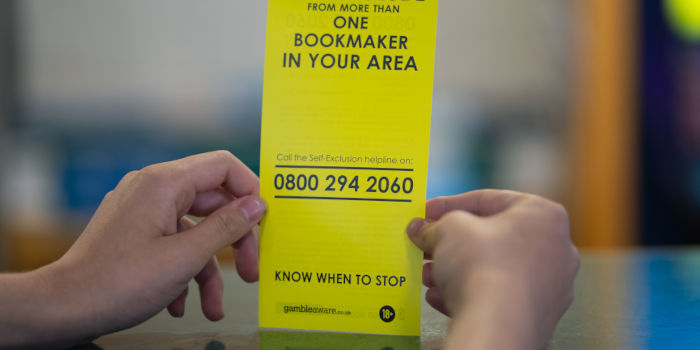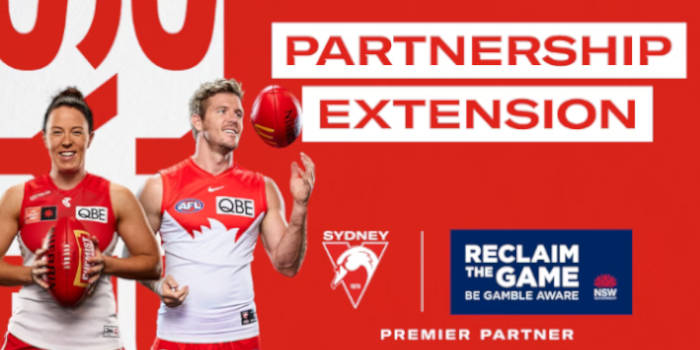London Introduces Gambling Harm Treatment within Primary Care

Adults in the UK who have problems related to gambling have another option to receive help as a new Primary Care Gambling Service (PCGS) has opened in the capital. Backed by the National Health Service (NHS) and developed by a NHS general practice (GP) partnership, Hurley Group, the new service will offer treatment to people suffering from gambling related harm.
Gambling Harm Tackled in Primary Care
The PCGS will feature support from a multidisciplinary team of mental health nurses, general practitioners, treatment specialists and therapists. Working in collaboration with GamCare, the charity that is the leader in providing information, advice and support for anyone affected by problem gambling, and funded by GambleAware, the new service will also provide training to help GPs identify gambling problems in patients.
Besides the PCGS, GambleAware announced it started a number of new initiatives, to help it promote the National Gambling Treatment Service and the Safer Gambling Campaign. The new gambling treatment service will be also be supported by the Royal College of General Practitioners, to facilitate the development of a competency framework for treating gambling problems within primary care, outlining the set of necessary skills and experience for practitioners in the field.
Based on evidence that many people who have gambling-related problems are in contact with their GPs but do not necessarily talk with them about their gambling behaviour, the PCGS will seek to explore ways to identify people at risk and how to provide them with the help they need to get access to treatment, starting from the place where people value treatment most, primary health care.
The service aimed at treating gambling harm will initially launch in the boroughs of South East London, namely Lambeth, Lewisham, Bexley, Southwark, Greenweech and Bromley, with further expansion into other parts of the capital planned down the road.
The funding body of the new service, GambleAware, also responded to criticism regarding the independence of its approach related to funding of gambling research, education and treatment. A recent report of a Select Committee within the House of Lords, as well as a number of leading academics in an open letter to the British Medical Journal, raised questions about how funds are being directed, but GambleAware was adamant there was no industry involvement in the funds allocation decision making.
Meanwhile, GambleAware published the findings from a recent research piece called “A Blueprint for Bank Card Gambling Blockers”, outlining the need of changes. The research led by the University of Bristol found out 28 million people in the UK did not have access to a gambling block feature.
Mike made his mark on the industry at a young age as a consultant to companies that would grow to become regulators. Now he dedicates his weekdays to his new project a the lead editor of GamblingNews.com, aiming to educate the masses on the latest developments in the gambling circuit.

